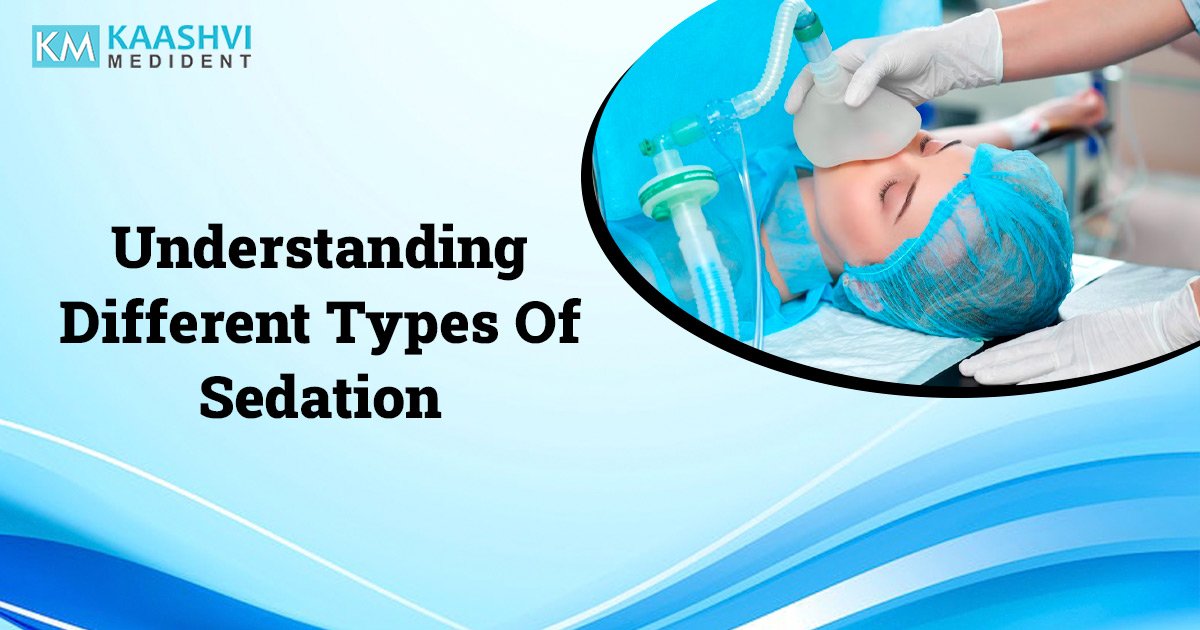BLOGS
LET’S KNOW ABOUT SEDATION!

WHAT IS DENTAL SEDATION?
Dental sedation refers to the use of medication to help patients relax and feel more comfortable during dental procedures. It is commonly used for patients who experience anxiety, fear, or phobia related to dental treatments, or for those who require lengthy or complex dental procedures.
Dental sedation can be administered in various forms, including inhalation sedation (using nitrous oxide, also known as laughing gas), oral sedation (using prescription medication taken by mouth), and intravenous (IV) sedation (using medication injected into a vein). The level of sedation can range from mild relaxation to deep sedation or even general anesthesia, depending on the patient's needs and the type of procedure being performed.
Dental sedation is typically administered and monitored by a trained dental professional or an anesthesiologist, and patients are carefully monitored throughout the procedure to ensure their safety and comfort. It is important to discuss the risks and benefits of dental sedation with your dentist or oral surgeon before undergoing any procedure.
TYPES OF DENTAL SEDATION
There are several types of dental sedation that can be used to help patients relax and feel more comfortable during dental procedures. These include:
- Nitrous oxide: Also known as laughing gas, nitrous oxide is a mild form of sedation that is administered through a small mask placed over the nose. It is safe and effective, and the effects wear off quickly once the mask is removed.
- Oral sedation: This involves taking a prescription medication, usually a benzodiazepine, before the dental procedure. It can range from mild to moderate sedation, depending on the dosage and the patient's response.
- IV sedation: This type of sedation involves injecting a sedative medication directly into a vein, which provides a deeper level of sedation than oral sedation. It is often used for more complex procedures or for patients with severe anxiety.
- General anesthesia: This is the deepest form of sedation and involves putting the patient to sleep. It is typically used for more extensive dental procedures or for patients with special needs who require more extensive dental work.
The type of sedation used will depend on the patient's individual needs and the complexity of the dental procedure being performed. Your dentist or oral surgeon can help determine which type of sedation is best for you.
Designed & Developed by : Your Reputations Consulting

